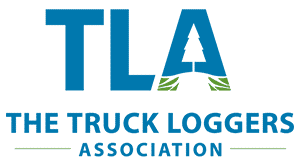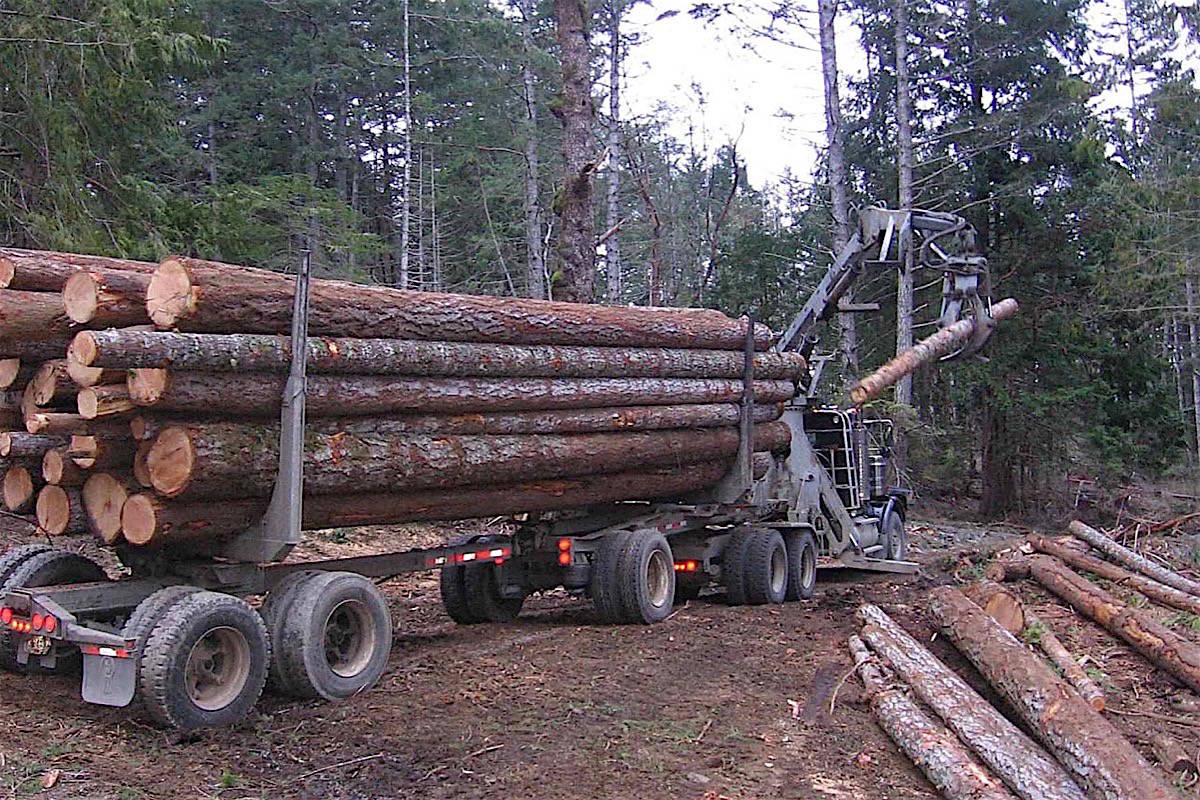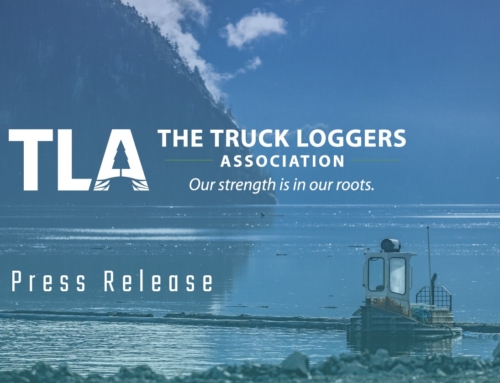Premier John Horgan promises reform at loggers’ convention
The B.C. government has extended its log export orders for Northwest B.C. by another six months, allowing coastal logging contractors north of Vancouver Island to export a large share of their harvest.
But “raw log” export policy is about to change for all producers who export logs from B.C. Crown land, Premier John Horgan said Thursday. The current policy for provincial land involves a “surplus test,” where logs must be advertised for local sale first, before being declared surplus and allowed for export.
“We’re going to turn that upside down,” Horgan said after an address the annual convention of the Truck Loggers Association in Vancouver. The government will use “carrots and sticks” to reduce exports and create investment incentives for lumber and pulp production, he said.
Horgan announced a revitalization plan with five goals, including rebuilding solid wood and pulp milling to process more wood in B.C., improving harvest efficiency, tightening up timber bidding systems to make sure bids are independently made, and auditing private forest land logging.
Cabinet orders for log exports out of the Haida Gwaii, Mid Coast, Nass, North Coast and Northwest Interior timber supply areas were extended Thursday, but only to July 2019. The Haida Gwaii and Mid Coast orders allows 35 per cent of logs to be exported, except for cypress and cedar, and the Nass order allows up to 100 per cent export. The North Coast and Northwest Interior orders allow up to 20 per cent.
“For the last 20 years, employment on the coast has declined by about 40 per cent,” Horgan told the convention. “Lumber production has dropped by 45 per cent, pulp production by 50 per cent. At the same time, log exports from Crown land have increased by nearly tenfold.”
The northern regions have been subject to relaxed log export rules for many years, due to a lack of mill capacity within economic reach of remote areas. The special allowance was reduced from 35 to 20 per cent by the previous B.C. Liberal government in 2013, with a portion retained to keep loggers working in remote regions where there are few viable options for trucking to sawmills.








Get Social